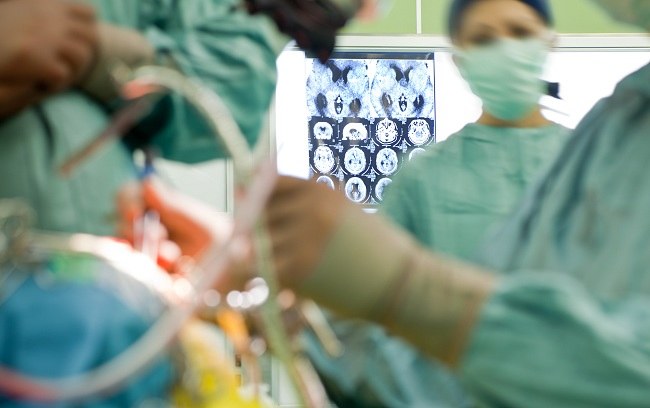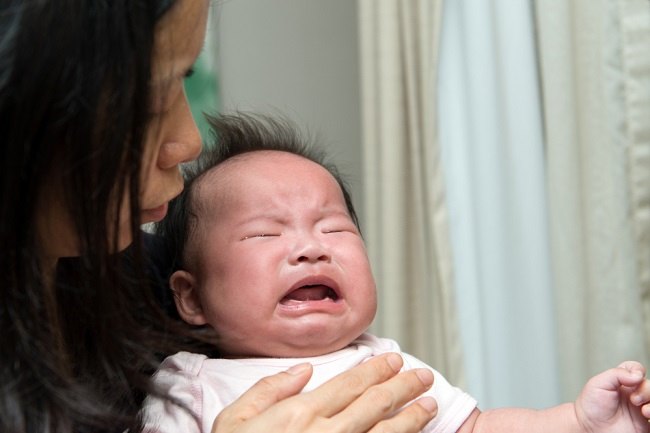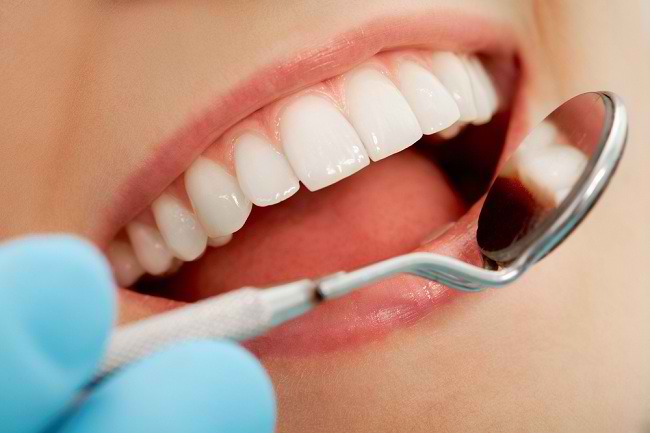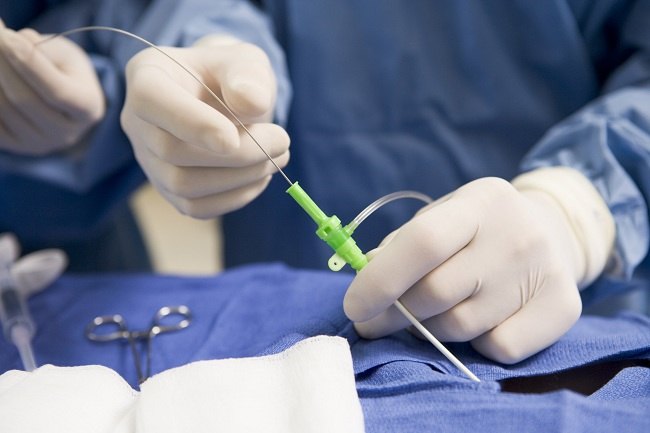Heart palpitations in pregnant women that come suddenly may raise questions. Is this considered normal or a sign of disease, huh? Come on, Pregnant women, find the answer in this article.
Pregnant women will experience many body changes during pregnancy, such as weight gain, an enlarged stomach, a body that gets tired quickly, and a change in appetite.
Although it doesn't always happen, most pregnant women also often feel heart palpitations.

Causes of Heartbeats in Pregnant Women
During pregnancy, the pregnant woman's body will experience an increase in the amount of blood by about 40–50% so that it can carry more oxygen and nutrients for the fetus as well as for the pregnant woman's own organs, especially the uterus and breasts.
This increase in blood increases the heart rate by about 10–20 beats per minute more than usual, so that the chest feels pounding. So, heart palpitations during pregnancy are actually normal and harmless.
Although generally normal, sometimes heart palpitations during pregnancy can be caused by a more serious condition or disease, such as heart problems, thyroid disease, anemia, dehydration, or low blood sugar.
Apart from natural causes or certain diseases, heart palpitations during pregnancy can occur due to an unhealthy lifestyle, such as excessive exercise or consuming too much caffeine. Psychological conditions of pregnant women, such as stress or anxiety about childbirth, can also make the heart palpitate.
Tips for dealing with heart palpitations in pregnant women
There are several ways that pregnant women can do so that their activities are not disrupted due to palpitations, including:
1. Relaxation
To deal with palpitations in pregnant women caused by extreme stress or anxiety, pregnant women can try taking yoga classes for pregnant women or doing breathing exercises at home.
Take a break between pregnant women every 1-2 hours, then take a deep breath and exhale. Repeat until the mind is calmer and more relaxed. This relaxation technique has been proven to help control heart rate, blood pressure, stress hormone levels, and muscle tension.
2. Drink enough water
Dehydration can lower blood pressure, so the heart has to beat faster to pump blood around the body. To prevent this, make sure pregnant women drink enough water, at least 2 liters or about 8 glasses every day.
3. Consumption of electrolyte balancing foods and drinks
Adequate electrolytes, such as potassium, magnesium, sodium, and calcium, can be beneficial for heart function. These electrolytes can be obtained from various foods.
Pregnant women can get potassium from sweet potatoes, bananas, and avocados. Meanwhile, pregnant women can get calcium and magnesium from dark green leafy vegetables, such as broccoli and spinach, beans, and fish.
4. Avoid heart palpitations
Pregnant women also need to avoid consuming foods and drinks that contain caffeine, such as coffee, tea, or chocolate. The reason is, caffeine can cause the heart to beat faster.
Usually, palpitations in pregnant women will disappear after the baby is born. So, pregnant women do not need to worry too much, especially if the palpitations are not accompanied by other symptoms, such as chest pain or shortness of breath.
However, if the heart continues to pound and is accompanied by the above symptoms, pregnant women are advised to immediately consult a doctor. Doctors will usually recommend a heart examination with an EKG and blood tests to determine the cause of palpitations and how to treat it.









